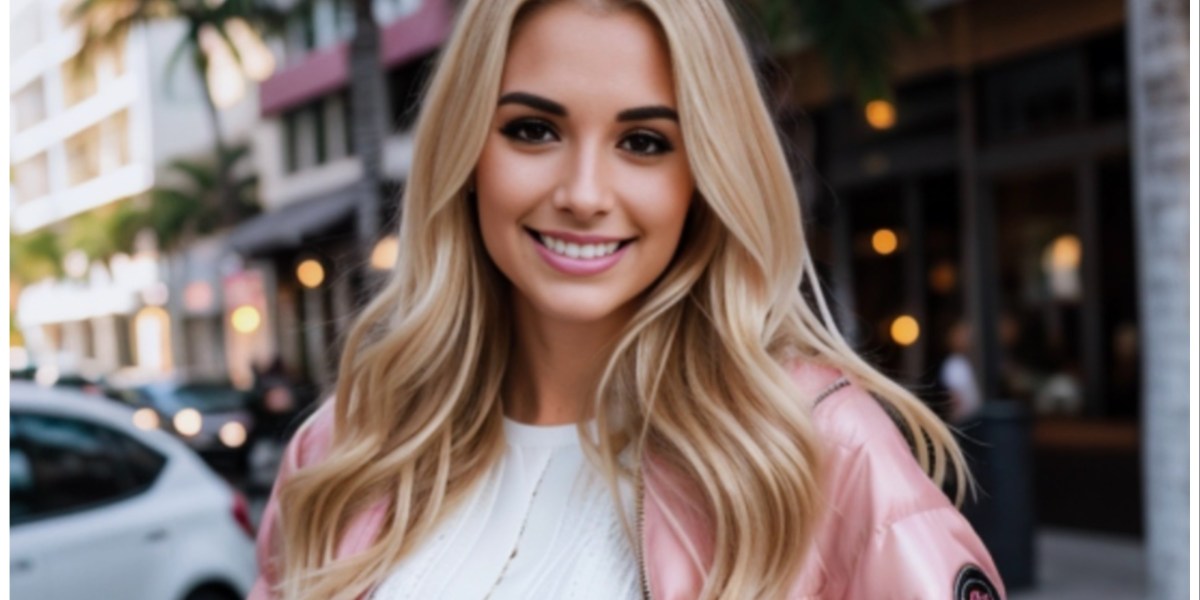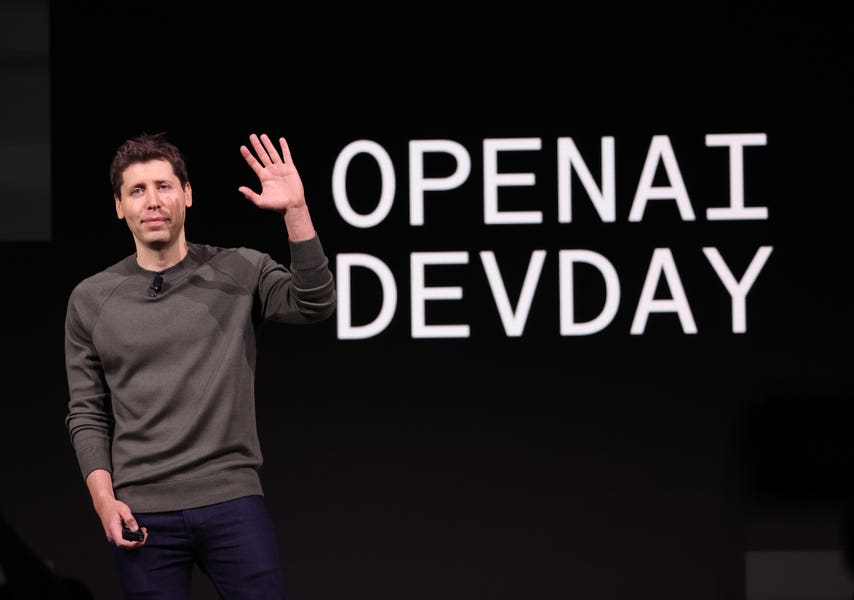When the pandemic hit, OnlyFans surged in popularity, attracting predominantly conventionally attractive models skilled in self-promotion. However, a new trend is emerging as tech-savvy creators harness AI to enter this lucrative space.
AI influencers, generated on advanced image-generating platforms, are now controlled by creators who craft images, promote them on social media, and offer exclusive content to paying subscribers, engaging in conversations with them.
The concept of people willingly paying to interact with non-existent individuals seems implausible. Yet, Will Monange, the 25-year-old CEO of Fanvue, an OnlyFans competitor, is optimistic about the potential of AI-generated adult content based on observed consumer behavior.
Monange and his team noticed a significant advancement in AI’s image-generating capabilities about a year and a half ago. This prompted them to recruit creators from these platforms to join Fanvue, believing in the appeal of persona-driven involvement in the creator economy without the need for physical presence on camera.
Although the success of this venture is still uncertain, early signs show progress with AI models on Fanvue. In November, revenue from AI models doubled from the previous month, constituting 15% of the platform’s total earnings.
One notable AI influencer on Fanvue is Emily Pellegrini, utilizing deepfake technology to share adult content with subscribers. Pellegrini’s revenue spiked from \(6,000 to \)23,000 between October and January, showcasing the potential of AI models in this space.
Despite the financial success, the creators behind these AI profiles often remain anonymous. For instance, the creator of AI model Hailey Lopez, a university student, spends hours daily generating content and interacting with subscribers, earning between \(2,500 and \)4,000 monthly.
The appeal of interacting with AI-generated profiles like Pellegrini’s may stem from various reasons, including cultural references like the movie “Her,” where a character forms a bond with a virtual assistant. These parasocial relationships, common in celebrity culture, are now evolving into connections with virtual entities, embraced by AI optimists like Monange.
To maintain the popularity of AI models like Aitana or Lopez, creators invest effort in crafting relatable personalities and engaging content. Marketing strategies involve creating social media presence and fabricating a persona that resonates with followers, ultimately monetizing this audience on platforms like Fanvue.
As the AI influencer trend grows, creators are exploring ways to streamline interactions and enhance efficiency using AI capabilities. This evolution may lead to a future where virtual relationships require minimal human involvement, expanding the possibilities within the realm of AI-generated content.










